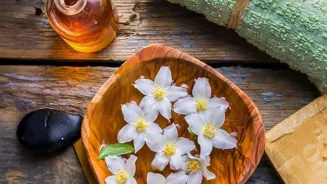Unlock Radiant Skin with Ayurvedic Wisdom: 7 Secrets for Glowing Beauty! Dive into ancient practices for healthy, glowing skin
Namaste, beauty aficionados! Are you tired of those endless aisles of chemical-laden
products promising the moon but delivering… well, not so much? Do you yearn for that natural, healthy glow that seems to emanate from within?

Fear not, because the ancient wisdom of Ayurveda holds the key to unlocking your skin's true potential! For centuries, this holistic healing system has been revered in India for its profound understanding of the body, mind, and spirit – and its powerful secrets for achieving radiant beauty.
Forget fleeting trends and embrace a time-tested approach that nourishes your skin from the inside out. Let’s dive into seven essential Ayurvedic secrets that every beauty enthusiast should know!
Secret #1
Understanding Your Dosha – The Foundation of Ayurvedic Skincare
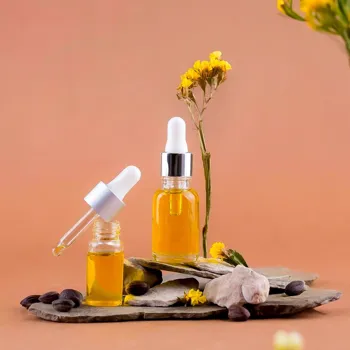
Understanding Doshas in Ayurveda for personalized skincare
Before you slather on another cream or mask, let's talk about Doshas. In Ayurveda, your unique constitution, or Prakriti, is determined by three fundamental energies called Doshas: Vata, Pitta, and Kapha.
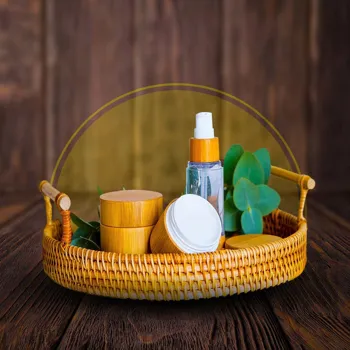
These Doshas govern your physical, mental, and emotional characteristics, and understanding your dominant Dosha is crucial for tailoring your skincare routine. Vata skin tends to be dry, thin, and prone to wrinkles. Pitta skin is typically sensitive, oily, and prone to inflammation.
Kapha skin is generally thick, oily, and prone to enlarged pores. Identifying your Dosha allows you to choose specific ingredients and practices that balance your skin's unique needs.
There are Dosha quizzes you can take, or you can consult with an Ayurvedic practitioner for a more in-depth assessment. Once you know your Dosha, you can start selecting products and routines that will bring your skin back into harmony.
Ayurvedic Abhyanga: self-massage with warm oil for skin wellness
Abhyanga, the practice of self-massage with warm oil, is a cornerstone of Ayurvedic skincare. This rejuvenating ritual not only nourishes the skin but also promotes circulation, detoxifies the body, and calms the nervous system. The specific type of oil you use depends on your Dosha.
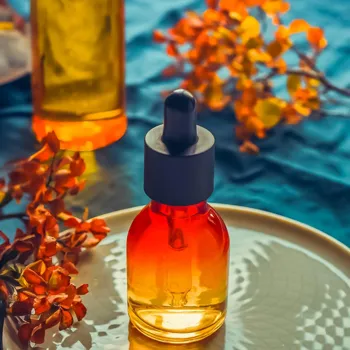
For Vata skin, try warm sesame or almond oil. For Pitta skin, opt for cooling coconut or sunflower oil. Kapha skin benefits from lighter oils like mustard or grapeseed oil. Warm the oil slightly and gently massage it into your skin, starting with your head and working your way down to your toes.
Use long strokes on the limbs and circular motions on the joints. Allow the oil to soak in for at least 20 minutes before showering. Regular Abhyanga can improve skin tone, reduce wrinkles, and promote a sense of overall well-being.
It's a simple yet powerful way to connect with your body and nourish your skin from the outside in.
Secret #3
Dietary Wisdom – You Are What You Eat (and It Shows on Your Skin!)
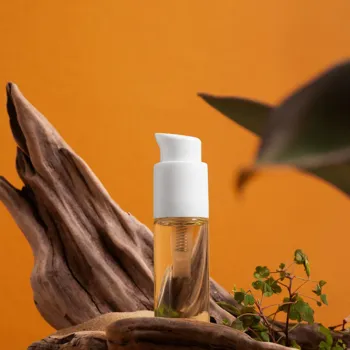
Ayurveda links diet to skin health, eat for your Dosha
Ayurveda emphasizes the profound connection between diet and skin health. What you eat directly impacts the vitality and radiance of your skin. Focus on consuming whole, unprocessed foods that are appropriate for your Dosha.
For Vata, include warm, grounding foods like cooked grains, root vegetables, and healthy fats. Pitta benefits from cooling, hydrating foods like leafy greens, cucumbers, and melons. Kapha thrives on light, spicy foods like lentils, vegetables, and whole grains.
Avoid processed foods, sugary drinks, and excessive amounts of caffeine and alcohol, as they can disrupt your Doshas and negatively impact your skin. Drink plenty of water throughout the day to keep your skin hydrated and flush out toxins.
Remember, beautiful skin starts from within, so nourish your body with wholesome foods.
Ayurvedic herbs like turmeric, neem, aloe vera, and amla benefit skin health
Ayurveda utilizes a vast array of herbs to address specific skin concerns. Turmeric, with its powerful anti-inflammatory and antioxidant properties, is a popular choice for brightening the complexion and reducing acne.
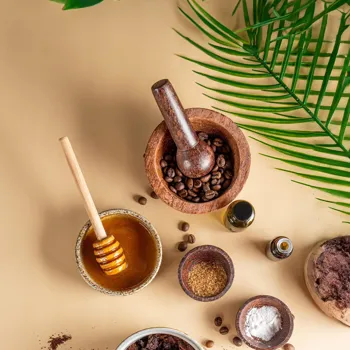
Neem, known for its antibacterial and antifungal properties, is effective for treating skin infections and blemishes. Aloe vera, with its soothing and hydrating properties, is ideal for calming irritated skin and promoting healing.
Amla, rich in Vitamin C, helps to boost collagen production and protect the skin from free radical damage. You can incorporate these herbs into your skincare routine through masks, cleansers, or toners.
You can find many Ayurvedic skincare products that contain these beneficial herbs, or you can create your own DIY remedies at home. Always patch-test new products before applying them to your entire face to avoid any allergic reactions.
Gentle exfoliation and oil cleansing are key in Ayurvedic skincare
Gentle exfoliation is essential for removing dead skin cells and revealing a brighter, smoother complexion. However, harsh scrubs can irritate and damage the skin.
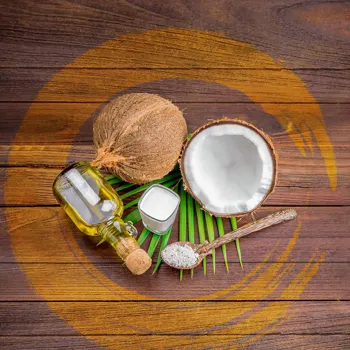
Ayurveda recommends using natural ingredients like chickpea flour (besan), lentil flour (masoor dal), or oatmeal to create gentle exfoliating masks. Mix the flour with water, milk, or yogurt to form a paste and gently massage it onto your skin in circular motions. Rinse thoroughly with warm water.
Another Ayurvedic cleansing ritual is oil cleansing, which involves massaging your face with oil to dissolve impurities and remove makeup. Castor oil is a common ingredient in oil cleansing recipes, but you can also use other oils like coconut, olive, or almond oil.
Oil cleansing helps to balance the skin's natural oils and prevent dryness.
Ayurveda and yoga combat stress for better skin health
Stress can wreak havoc on your skin, leading to breakouts, dryness, and premature aging. Ayurveda emphasizes the importance of managing stress through practices like yoga and pranayama (breathwork). Yoga postures help to improve circulation, detoxify the body, and calm the nervous system.
Specific poses like forward folds and inversions can increase blood flow to the face, promoting a healthy glow. Pranayama techniques like alternate nostril breathing (Nadi Shodhana) and bellow's breath (Bhastrika) help to reduce stress and anxiety, which can improve skin health.
Even a few minutes of daily yoga and pranayama can make a significant difference in your skin's appearance and overall well-being. Find a local yoga class or practice at home using online resources.
Ayurveda emphasizes quality sleep for health and beauty; aim for 7-8 hours nightly
Ayurveda recognizes the importance of sleep for overall health and beauty. While you sleep, your body repairs and regenerates cells, including skin cells. Aim for at least 7-8 hours of quality sleep each night. Create a relaxing bedtime routine to help you unwind and prepare for sleep.

Avoid screen time before bed, as the blue light emitted from electronic devices can interfere with sleep. Sip on a cup of herbal tea, take a warm bath, or read a book to relax your mind and body. Creating a dark, quiet, and cool sleep environment can also improve sleep quality.
Getting enough sleep will not only make you feel better but also improve your skin's radiance and reduce the appearance of dark circles and wrinkles.
Ayurvedic secrets for radiant skin: consistency is key
So, there you have it – seven Ayurvedic secrets to unlock radiant skin! Remember, consistency is key. Incorporate these practices into your daily routine and be patient. It may take time to see results, but the rewards of Ayurveda are well worth the effort.

Embrace the wisdom of this ancient healing system and discover the natural beauty that lies within!
AI Generated Content. Glance/InMobi shall have no liability for the content